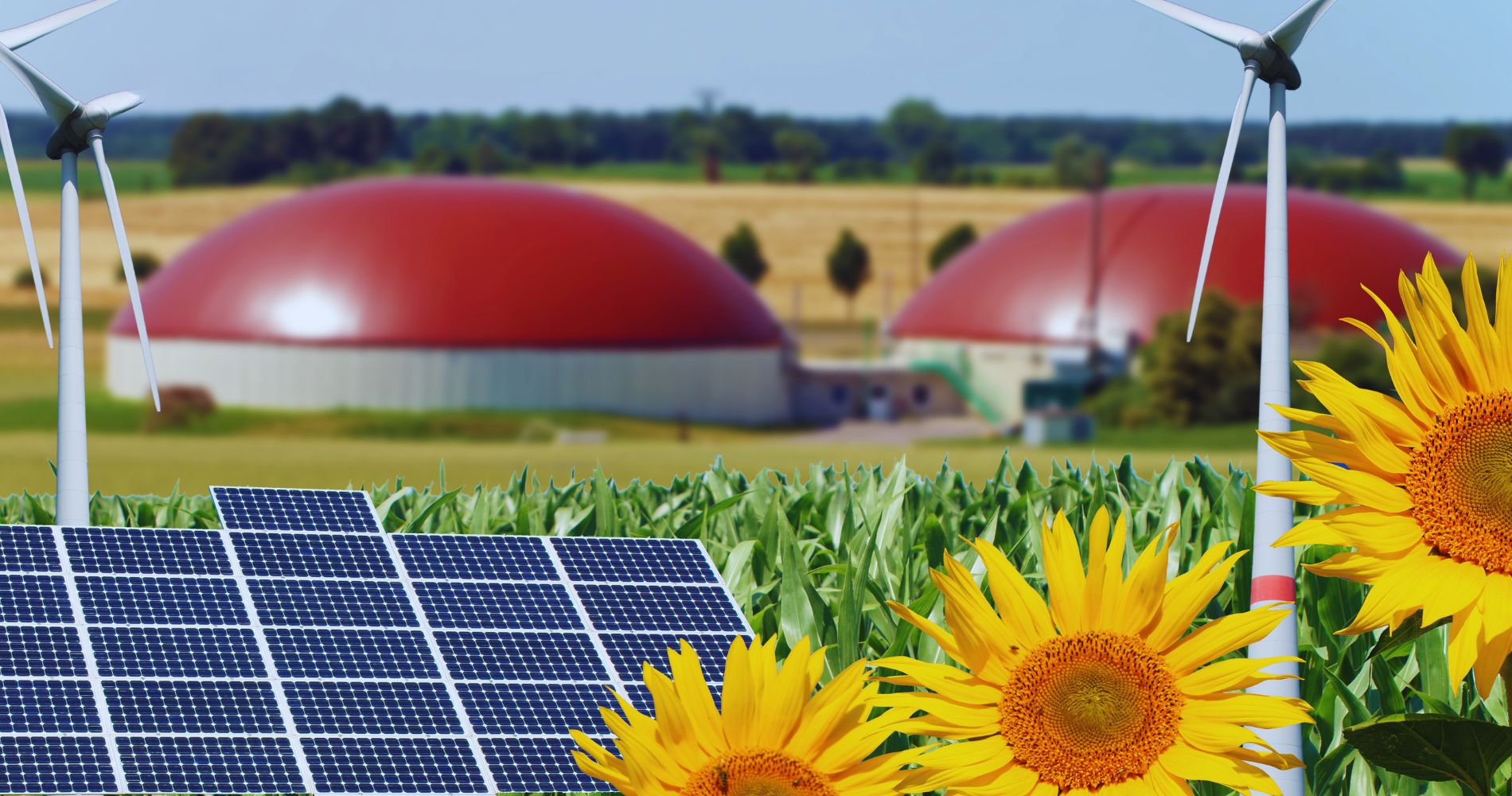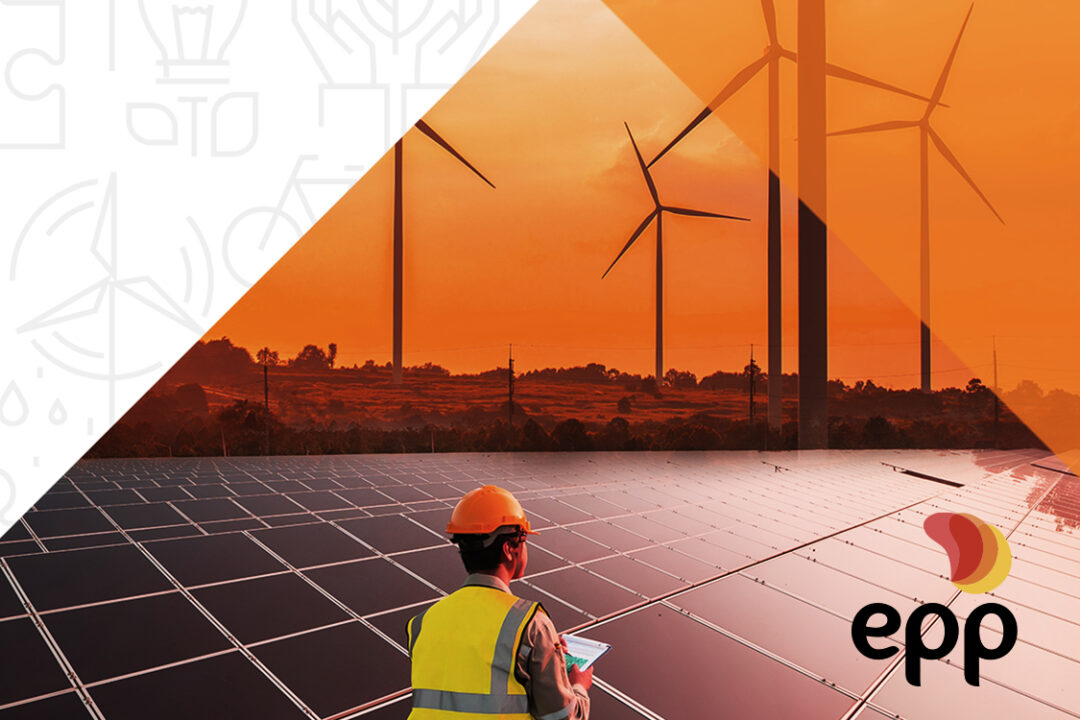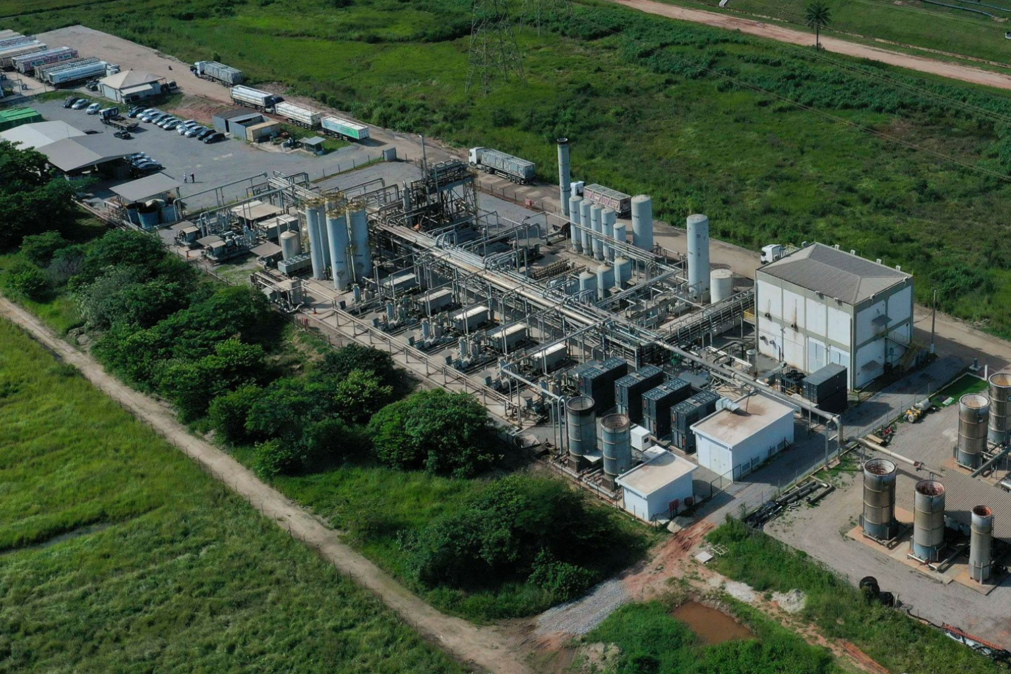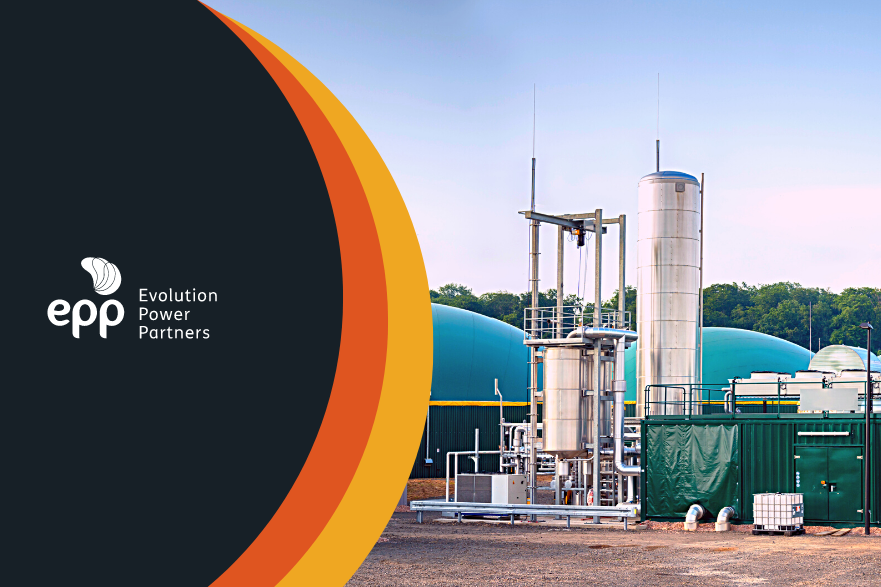Brazil, known for its vast territorial extension and natural wealth, has been a protagonist in the renewable energy scene. With a continuous commitment to reduce carbon emissions and combat climate change, the country has significantly invested in clean energy sources.
The Global Balance of the Paris Agreement and COP28
In September, the United Nations Climate Convention (UN) released the preliminary results of the Global Stocktake (GST), a strategic tool of the Paris Agreement. The purpose of the GST is to monitor and measure the progress of the Conference of the Parties (COP) member countries concerning the treaty’s established goals. The main question addressed by the GST is: how far are countries from fulfilling their Nationally Determined Contributions (NDCs) to combat global warming? Unfortunately, the answer was not positive. The report indicates that the world is deviating from all evaluation criteria. This alarming scenario underscores the urgency to intensify climate efforts and accelerate the implementation of mitigating measures.
COP28, which will take place in Dubai, United Arab Emirates, will be a crucial platform to discuss these challenges. The conference will highlight the need for immediate action and post-COP28 course correction.
Renewable Energies in Brazil
Brazil has shown significant advances in the renewable energy sector. In 2023, the country reached a milestone with the construction of photovoltaic and wind power plants, raising the Brazilian electric matrix to 83.79% from renewable sources. Moreover, in March 2023, 90% of the energy produced in Brazil came from clean sources, surpassing previous years’ numbers.
Biogas and Biomethane: Sustainable Alternatives
Biogas and biomethane have emerged as promising alternatives in the Brazilian energy mix. Eva Energia, a company of the Urca Energia Group, has been a pioneer in electricity production from biogas. With ambitious expansion plans by 2023, the company aims to double its capacity, investing in new plants in sanitary landfills.
On the other hand, Gás Verde, Brazil’s largest biomethane producer, has played a crucial role in the country’s energy transition. Biomethane, a renewable substitute for natural gas, is produced from biogas after a purification process. The company has stood out for its innovative solutions that support waste treatment and the transition to a cleaner energy matrix.
COP28 and the CO2 Issue
COP28 will also address the issue of CO2 emissions. Reports from the International Energy Agency (IEA) indicate an increase in renewable energy production but also suggest that CO2 emissions may reach a new record in 2023. The European Union (EU) will advocate at COP28 for the elimination of fossil fuels burned without CO2 capture.
Conclusion
Brazil, with its potential in renewable energies, plays a fundamental role in the fight against climate change. COP28 will be an opportunity for countries worldwide to join efforts and define strategies for a more sustainable future. It is essential for Brazil and other countries to intensify their efforts, invest in innovation and technology, and work together to combat global warming and protect our planet for future generations.






